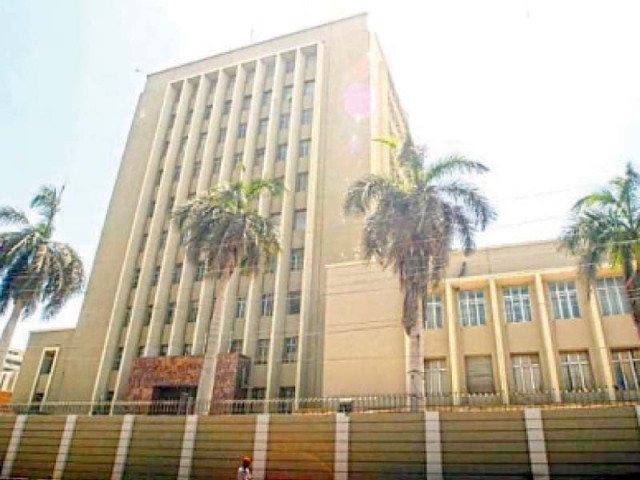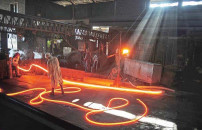Business leaders criticise SBP's 2% rate cut
Trade bodies demand single-digit rates, citing high costs and financial strain

Industrialists, chambers, associations, and other trade bodies have criticised the State Bank of Pakistan's (SBP) recent 2% cut in the interest rate, calling for a more substantial reduction to single digits and a long-term, sustainable monetary policy. They argue that only a significant rate cut will allow businesses to plan for the future in a more stable economic environment.
Traders, exporters, importers, and small businesses are all facing severe financial difficulties, largely due to a liquidity crunch. This is exacerbated by a range of economic challenges, particularly the surging costs of doing business, which have been driven up by record-high energy tariffs.
Muhammad Kamran Arbi, President of the Site Association of Industry (SAI), acknowledged the SBP's rate cut as a positive step but dismissed it as insufficient. "It's a baby step," he said, stressing that the SAI is demanding a reduction in interest rates to single digits. Arbi called for clear communication from the government, stating, "When the interest rate comes down to single digits, businesses need to be informed with a clear roadmap. This will allow all business people to make plans without further confusion regarding future investments."
Arbi pointed out that inflation has already dropped to single digits, resulting in a real effective interest rate of 10-11%. "In light of this, policy rates should have been reduced by at least 5%, even if done gradually," he explained, adding that the SBP's response has been too slow to match the evolving economic conditions. According to Arbi, the SBP should prioritise quantitative easing to stimulate the economy.
Karachi Chamber of Commerce and Industry (KCCI) Acting President Altaf A Ghaffar shared similar concerns regarding the SBP's recent decision to scale down the interest rate by 2% to 17.5%. Ghaffar noted that while the KCCI had expected a substantial reduction of at least 5%, the 2% cut is neither sufficient nor aligned with the declining inflation rate. "Inflation has come down to single digits, yet the policy rate remains high," he said.
"With a reduction of only 200 basis points, the key policy rate now stands at 17.5%, which is still far too high. It needs to be brought down aggressively to somewhere between 7% and 8%, which is in line with many other countries in the region and globally," lamented Ghaffar. He acknowledged that this is the third consecutive rate cut, lowering the interest rate from 22% to 17.5%, but stressed that much more needs to be done to ease the financial burden on businesses and consumers and stimulate economic growth.
The Federation of Pakistan Chambers of Commerce and Industry (FPCCI) President Atif Ikram Sheikh expressed disappointment with the SBP's monetary policy, arguing that it continues to operate with a heavy premium over core inflation. "While we appreciate the 2% cut, it is simply too little, too late in the context of both domestic and international price data," said Sheikh.
He pointed out that core inflation in Pakistan was 9.6% as of August 2024, according to the Pakistan Bureau of Statistics. Even after the latest cut, the real interest rate remains over 790 basis points above core inflation, which Sheikh described as "anti-business and anti-growth."
Pakistan Hosiery Manufacturers and Exporters Association Central Chairman Syed Nahid Abbas highlighted the importance of a single-digit interest rate for exporters, particularly in light of the recent decline in inflation. He urged the SBP to reconsider its current stance and reduce the policy discount rate, which is still a steep 19.5%. "With inflation dropping to 9.6%, the SBP must respond by significantly lowering the interest rate," insisted Abbas.



















COMMENTS
Comments are moderated and generally will be posted if they are on-topic and not abusive.
For more information, please see our Comments FAQ